Nathan Thompson articles

¿Qué es la psicometría?
La psicometría es la ciencia de la evaluación educativa y psicológica, que utiliza datos para garantizar que las pruebas sean justas y precisas. ¿Alguna vez has sentido que hiciste una prueba que era injusta, demasiado

Flujo de trabajo de revisión de ítems para desarrollo de pruebas
La revisión de ítems es el proceso de garantizar que las preguntas de prueba recién escritas pasen por una rigurosa revisión por pares, para garantizar que sean de alta calidad y cumplan con los estándares

Certification vs. Licensure Exams: Differences and Examples
Certification vs licensure refers to the organization that runs a credentialing exam, usually nonprofit vs government, and whether it is legally required. These are terms that are used quite frequently to refer to credentialing examinations
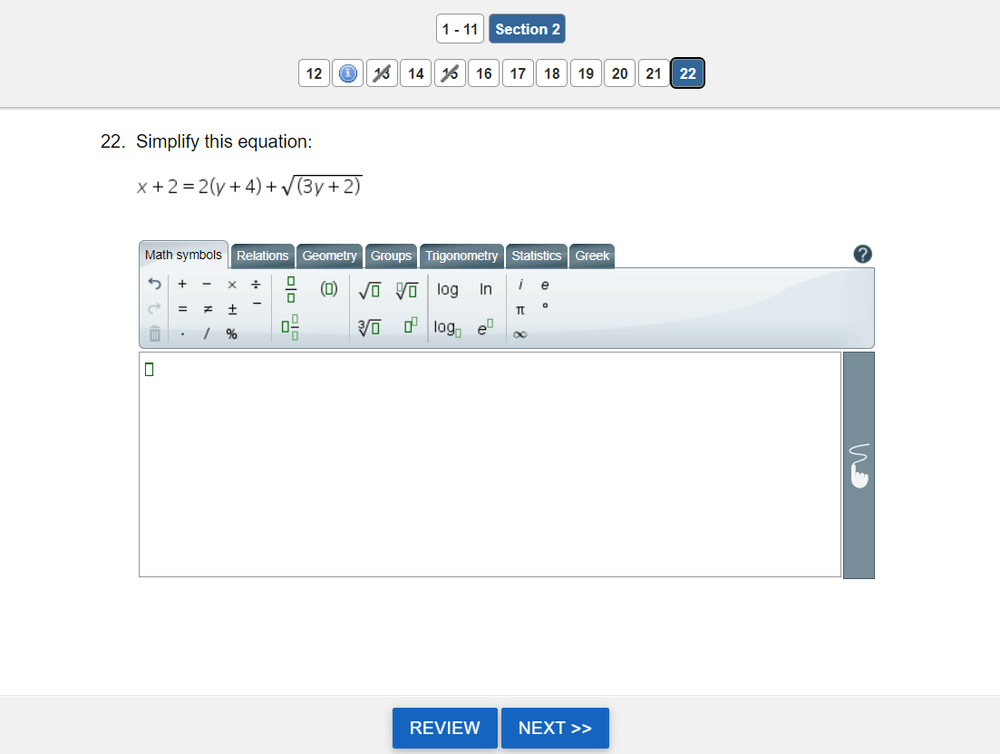
¿Qué son los ítems mejorados tecnología?
Los ítems mejorados tecnología son ítems de evaluación (preguntas) que utilizan tecnología para mejorar la interacción de una pregunta de prueba en una evaluación digital, más allá de lo que es posible con el papel.

What are Pre-Employment Integrity Tests?
When companies hire new employees, they’re not just looking for skills; they want people who are honest, reliable, and ethical. That’s where pre-employment integrity tests come in. These assessments help employers determine if a candidate

What is RIASEC Assessment? A tool to know yourself.
RIASEC assessment is type of personality assessment used to help individuals identify their career interests and strengths. Based on theory from John Holland, a renowned psychologist, this type of assessment is based on the premise
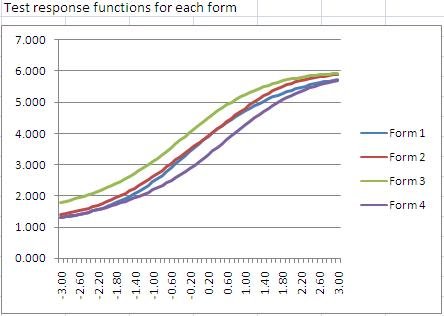
¿Qué es la Teoría de Respuesta al Ítem (TRÍ)?
La teoría de respuesta al ítem (TRÍ) es una familia de modelos de aprendizaje automático en el campo de la psicometría, que se utilizan para diseñar, analizar, validar y puntuar evaluaciones. Se trata de un

Addressing Pre-Knowledge in Exam Cheating
In the realm of academic dishonesty and high-stakes exams such as Certification, the term “pre-knowledge” is an important concern in test security and validity. Understanding what pre-knowledge entails and its implications in exam cheating can
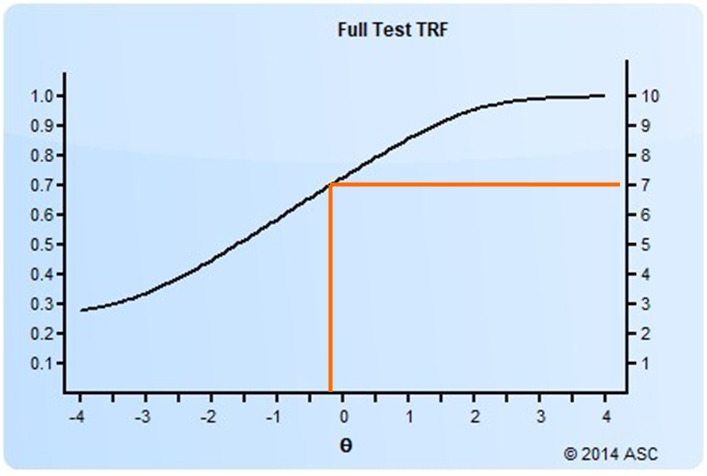
Setting a Cutscore to Item Response Theory
Setting a cutscore on a test scored with item response theory (IRT) requires some psychometric knowledge. This post will get you started. How do I set a cutscore with item response theory? There are two

What are technology enhanced items?
Technology-enhanced items are assessment items (questions) that utilize technology to improve the interaction of a test question in digital assessment, over and above what is possible with paper. Tech-enhanced items can improve examinee engagement (important
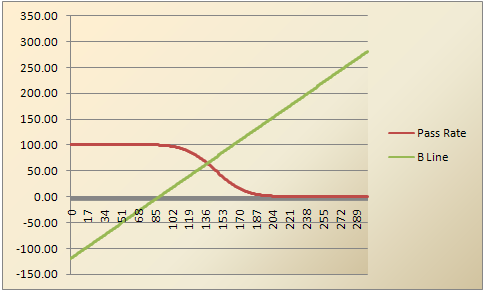
Modified-Angoff Method Study
A modified-Angoff method study is one of the most common ways to set a defensible cutscore on an exam. It therefore means that the pass/fail decisions made by the test are more trustworthy than if

What is Item Response Theory (IRT)?
Item response theory (IRT) is a family of machine learning models in the field of psychometrics, which are used to design, analyze, validate, and score assessments. It is a very powerful psychometric paradigm that revolutionized

Criterion-related validity
Criterion-related validity is evidence that test scores are related to other data which we expect them to be. This is an essential part of the larger issue of test score validity, which is providing evidence

Why PARCC EBSR Items Provide Bad Data
The Partnership for Assessment of Readiness for College and Careers (PARCC) is a consortium of US States working together to develop educational assessments aligned with the Common Core State Standards. This is a daunting task,

What is Test Scaling?
Scaling is a psychometric term regarding the establishment of a score metric for a test, and it often has two meanings. First, it involves defining the method to operationally scoring the test, establishing an underlying

How to develop and roll out a Certification Test
Certification test development refers to the process of building an exam in accordance to international standards like NCCA, then delivering it securely. It is a critical business need for credentialing organizations and awarding bodies. As
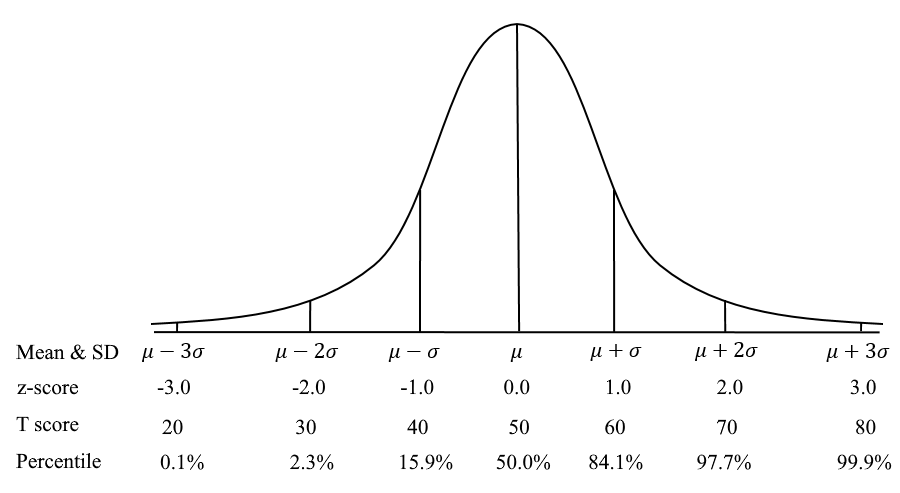
What is a T score in Assessment?
A T Score is a conversion of scores on a test to a standardized scale with a mean of 50 and standard deviation of 10. This is a common example of a scaled score in
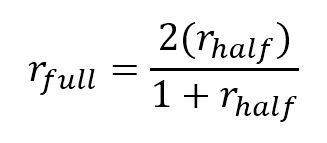
What is the Spearman-Brown formula?
The Spearman-Brown formula, also known as the Spearman-Brown Prophecy Formula or Correction, is a method used in evaluating test reliability. It is based on the idea that split-half reliability has better assumptions than coefficient alpha
